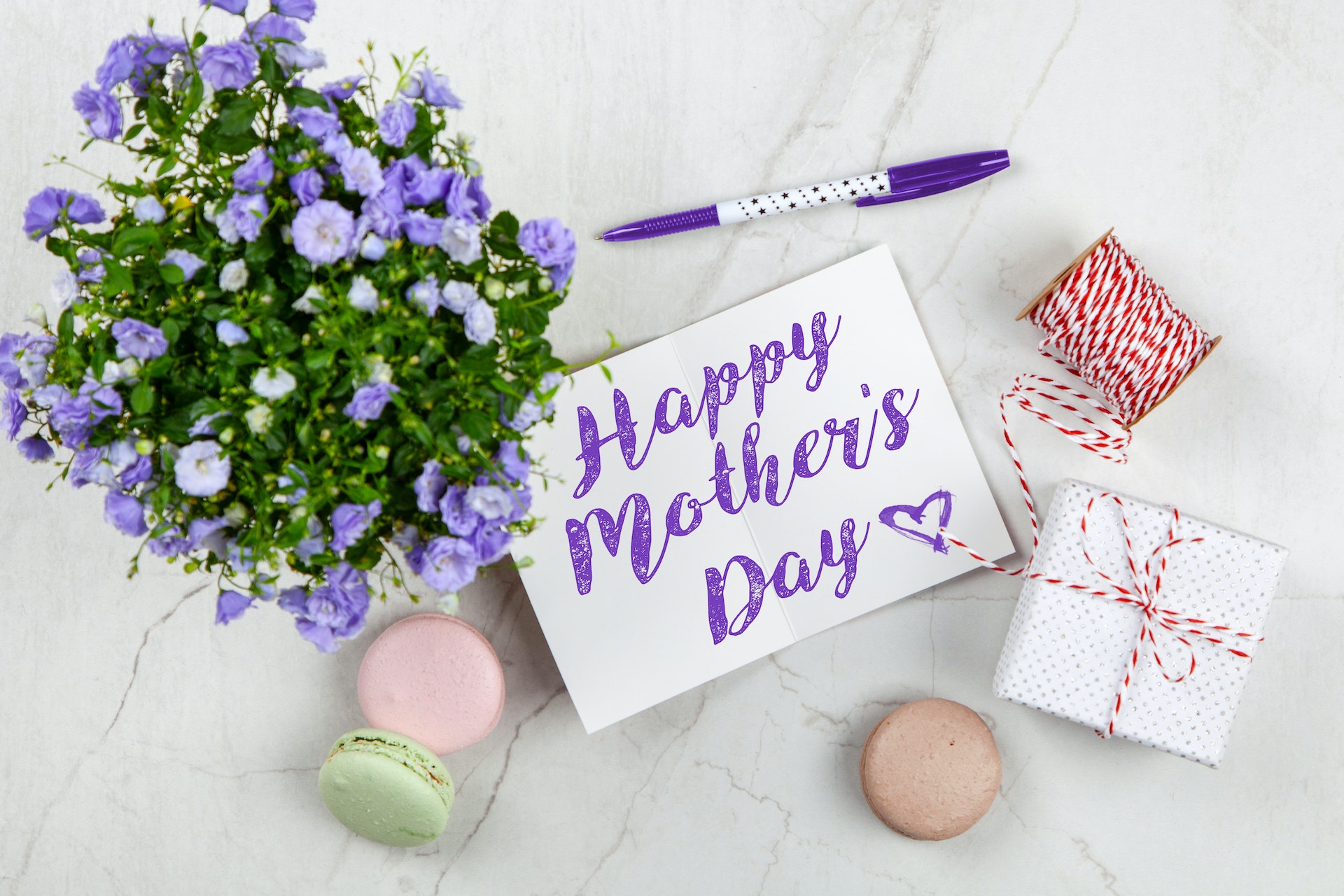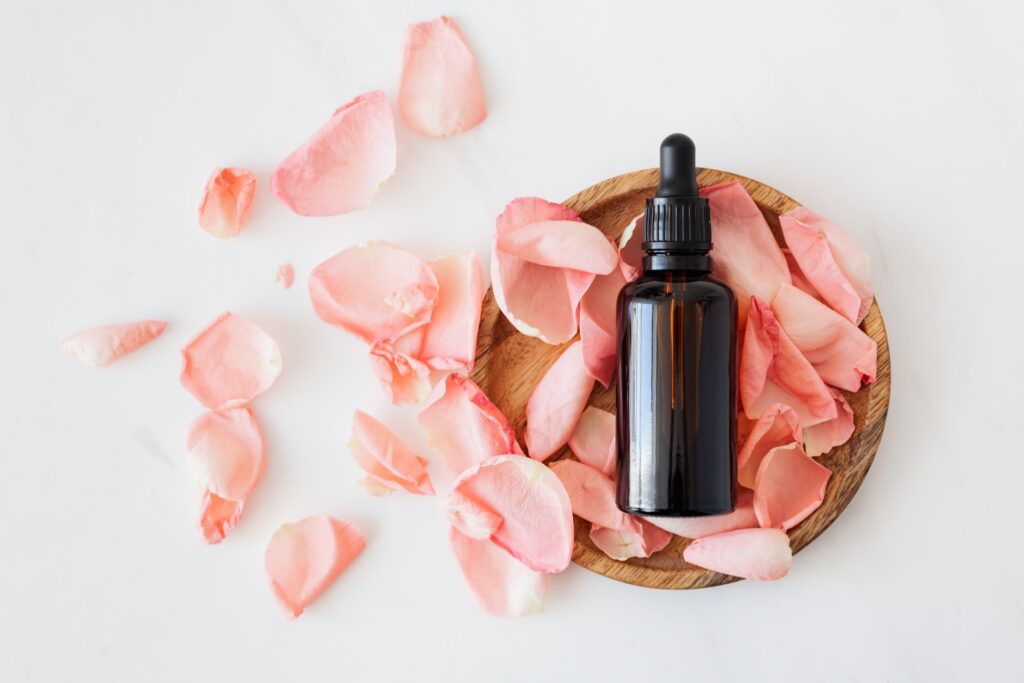Although Emma Holly Jones didn’t grow up dreaming of becoming a film director, she has always had a camera in her hand. After taking a bit of improv in school, Jones was told by the teacher that she was not cut out for acting but that she had a natural understanding of what should be on stage and should try her hand at directing instead. Jones then began to pursue directing in earnest, working her way up from small music videos to bigger commercial projects before finding a script and making her first short film, an 11-minute prequel to Mr Malcolm’s List starring Gemma Chan, Freida Pinto, Ṣọpẹ Dìrísù, and Oliver Jackson-Cohen that was released online in 2019 through Refinery29.
The feature-length film premieres July 1, 2022 in the U.S. with Zawe Ashton and the majority of the original cast from the popular short film. The story is an adaptation of Suzanne Allain’s novel. Set in Regency-era London, Jeremiah Malcolm (Dìrísù) is an aloof and affluent bachelor looking for a woman who will fulfill a long and comprehensive checklist of qualities for a suitable wife. Spurned by Mr Malcolm early on in the season, Julia Thistlewaite (Ashton) schemes with her cousin Lord Cassidy (Jackson-Cohen) and childhood friend Selina Dalton (Pinto) to make him see the error of his ways.
Jones spoke with Elixuer about the making of the movie (a seven-year process from start to finish!), early reactions to the short film and the diverse cast, and what it is like being a new director.
Can you talk about the development process for Mr. Malcolm’s List from story to screen?
I heard the script for the first time on the Black List Table Reads podcast about seven years ago. When I heard this script, instantly, my brain was ticking. I could see the world. I fell in love with these characters and very much was like, “I want to make this film.”
I pitched the writer’s agents the Hamilton version of a Jane Austen film. That got the agency’s attention and they introduced me to the writer, Suzanne, who had originally made Malcolm’s as an unpublished novel about 20 years ago. I brought on Laura Rister and Laura Lewis who have been involved right from the beginning.
We collectively realized that it was going to be very hard as a first-time filmmaker and first-time screenwriter to get this film financed, so the notion of the short film came about. When you’re making a short film, especially one that is period — which is, as you can imagine, not cheap —we had to find a real financial backing partner in this. The producers set us up with Refinery29, and we developed the short film.
Now, the fun thing about the short film was it didn’t exist in the novel and didn’t exist in the original script. I said, “We need to make the short film a prequel, and it needs to be the date that causes everything to go so wrong.” The novel actually starts with Selina arriving in London.
Suzanne wrote that short film script, and it was kind of perfect. I didn’t want to make a beginning, middle and end. I wanted to make just a beginning because it was about making something that showed that there was a world to explore and an audience to be had.
How have the reactions been since announcing such a diverse cast for this British period romance/costume drama?
I would say 50% super positive and 50% super frighteningly racist. That’s the reality. I knew that going in. I will say that the short film’s reaction was really positive. I think that was because it lived on Refinery29’s YouTube, which is predominantly an audience of young, diverse women from around the world, so the short film reaction was incredible and really heartwarming.
As we’ve stepped into the feature space and it’s become much more mainstream, [however] … I don’t think you can live in 2022 on the Internet and not know that [a racist] voice and rhetoric exists in the world today. I think it’s quite fun watching the fans of — whether it’s Bridgerton, whether it’s us, whether it’s anything else in this space — let them reply to the racist stuff. It’s amazing seeing people rally behind it.
You can do these things the way they’ve always been done, or you can choose to do it a little bit differently. I think it really boils down to that. What’s the fun of doing anything the way it’s always been done? May as well do something that’s more inclusive, more fresh, more interesting, utilizing the best talent possible. The positives are always going to outweigh the negatives.
As a new director, or new to making feature films, what did you learn while directing this movie?
That I can do it? <Laughs> I know that sounds silly, but it was a big step up, obviously from the size of work I was doing. I remember the night before I went to set the first day being like, “Oh God, I just hope I can do this, and I can handle this.” I think coming out the other side of it, I was just very proud to make such a leap and come out the other side, pretty unbruised. But apart from that, I learned something new every minute of every day. Every single thing I was doing was new, and I think that’s what made it such a joyful experience for me.
Rose Ho | Contributing Writer








